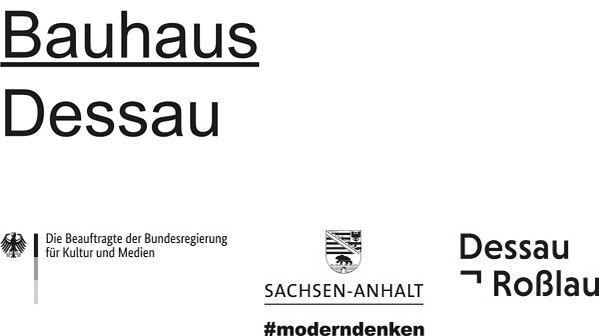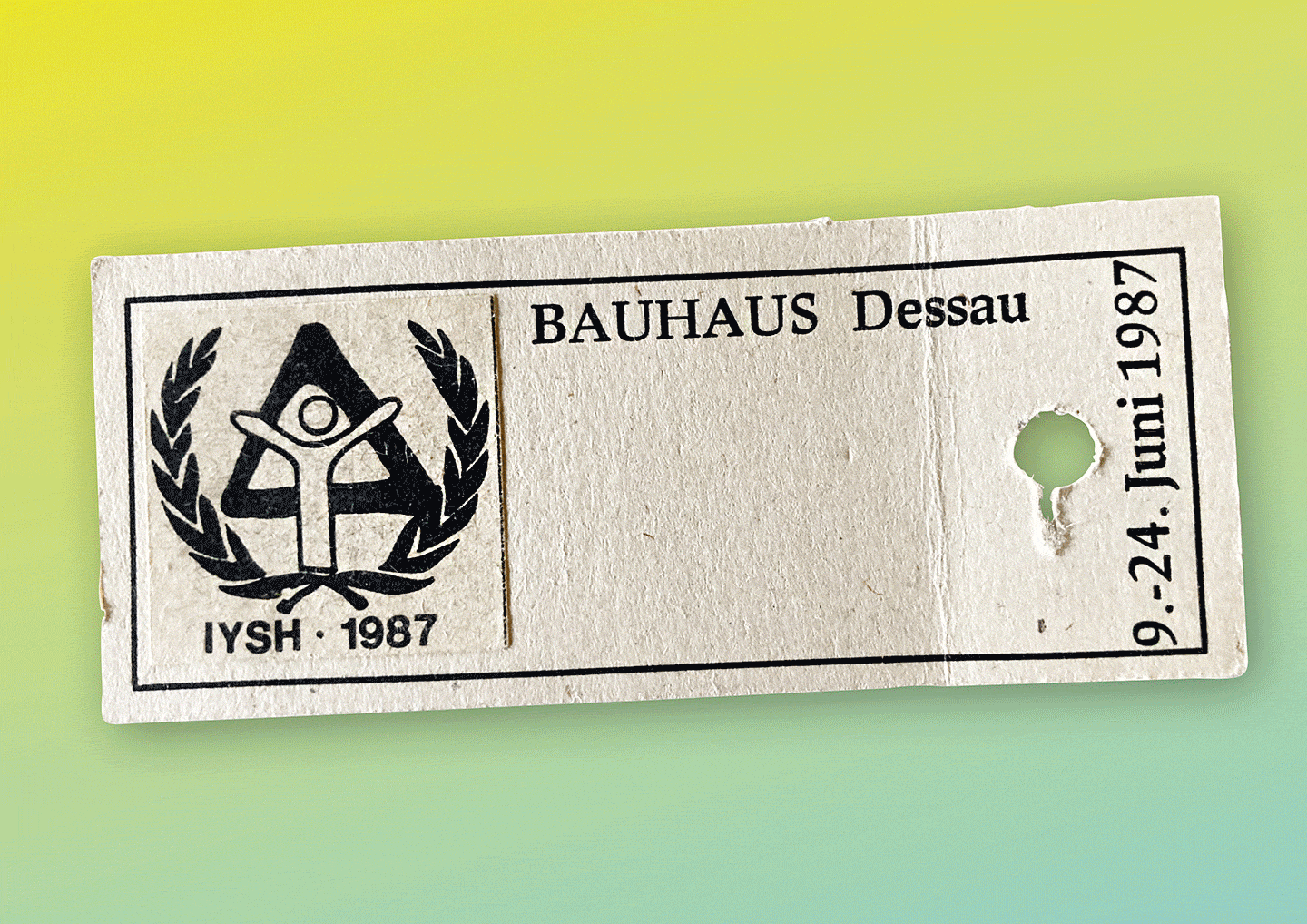May 9–August 5, 2022
Gropiusallee 38
06846 Dessau-Roßlau
Germany
Hours: Monday–Sunday 10am–5pm
T +49 340 6508250
service@bauhaus-dessau.de
As the UN proclaimed the “International Year of Shelter for the Homeless” in 1987, the Bauhaus Dessau organized the first international seminar of the HABITAT series, titled “Experiences of the GDR in solving the housing question and their use for developing countries.” In the same year, the Solidarity Committee of the German Democratic Republic had begun to implement a UN-HABITAT project in Dakawa, Tanzania, which supported the African National Congress in providing education and a temporary home to young South Africans fleeing the apartheid regime. Dakawa was not only a testing ground for the construction of a new society overcoming the apparatus of segregation and oppression, but also an example of cooperation between East and West in the Cold War era under the umbrella of “international solidarity” with the anti-apartheid movement. The ANC Development Center in Dakawa, a campus-like settlement with schools, health care and agricultural facilities, was built with the expertise of Scandinavian and East German civil engineers and architects. The prefabrication system used here was a contribution by the GDR to the UN program for settlements in developing countries, a project that was widely discussed at the second HABITAT seminar at the Bauhaus Dessau in 1988.
The 2022 edition of the Bauhaus Lab explores the history of these built microcosms of a society liberated from racism. Their emergence in the 1980s also offers striking insights into the complicated geopolitical entanglements, economic interests, the ideological struggle for spheres of influence during the Cold War, and the role of architecture in this context. Thus, these settlements are nodes of global networks: of aid organisations, actor constellations, material flows, knowledge transfer processes, technologies, educational agendas, and diverse political interests. At the same time, they are concrete, lived places and spaces of “international solidarity” that continue to have an impact on the life stories of their former inhabitants.
About Bauhaus Lab
Bauhaus Lab is a three-month research programme for scholars and practitioners in the fields of architecture, design, and curating. Participation is free, and all participants will be provided with workspaces in the Bauhaus Building. Furthermore, participants receive a contribution toward their housing expenses, and a modest per diem. The programme includes field trips (both national and international); the Bauhaus Dessau Foundation covers travel and accommodation expenses incurred during these excursions. The process of collective research will culminate in an exhibition presented in the Bauhaus Building. Participants are expected to be present on site during the entire period of the programme, to contribute to the collective research, and to meet regularly with the programme organizers for follow-up and feedback. The programme is conducted in English.
Call for applications
The Bauhaus Dessau Foundation welcomes applications for the programme. To apply, please send a CV, a portfolio, and a letter of interest (in English) to Dr Regina Bittner, head of the programme, by February 20, 2022: lab [at] bauhaus-dessau.de. All application documents should be merged into one single PDF file no larger than 5 MB.
Questions regarding the application and selection process, as well as the programme itself, can also be directed to this address. Up to eight participants will be selected by an international jury. Successful candidates will be notified by March 1, 2022.
We specifically welcome applications by candidates with profiles hitherto marginalized in Western academic and cultural institutions. The Bauhaus Dessau Foundation will endeavour to assist with visa formalities for applicants from outside the Schengen Area.
The Bauhaus Dessau Foundation reserves the right to modify or postpone the programme, depending on how the pandemic continues to unfold both locally and globally. Any such decision will be taken with the well-being of participants as the prime concern, and will be communicated in an appropriate time frame prior to the start of the programme.


